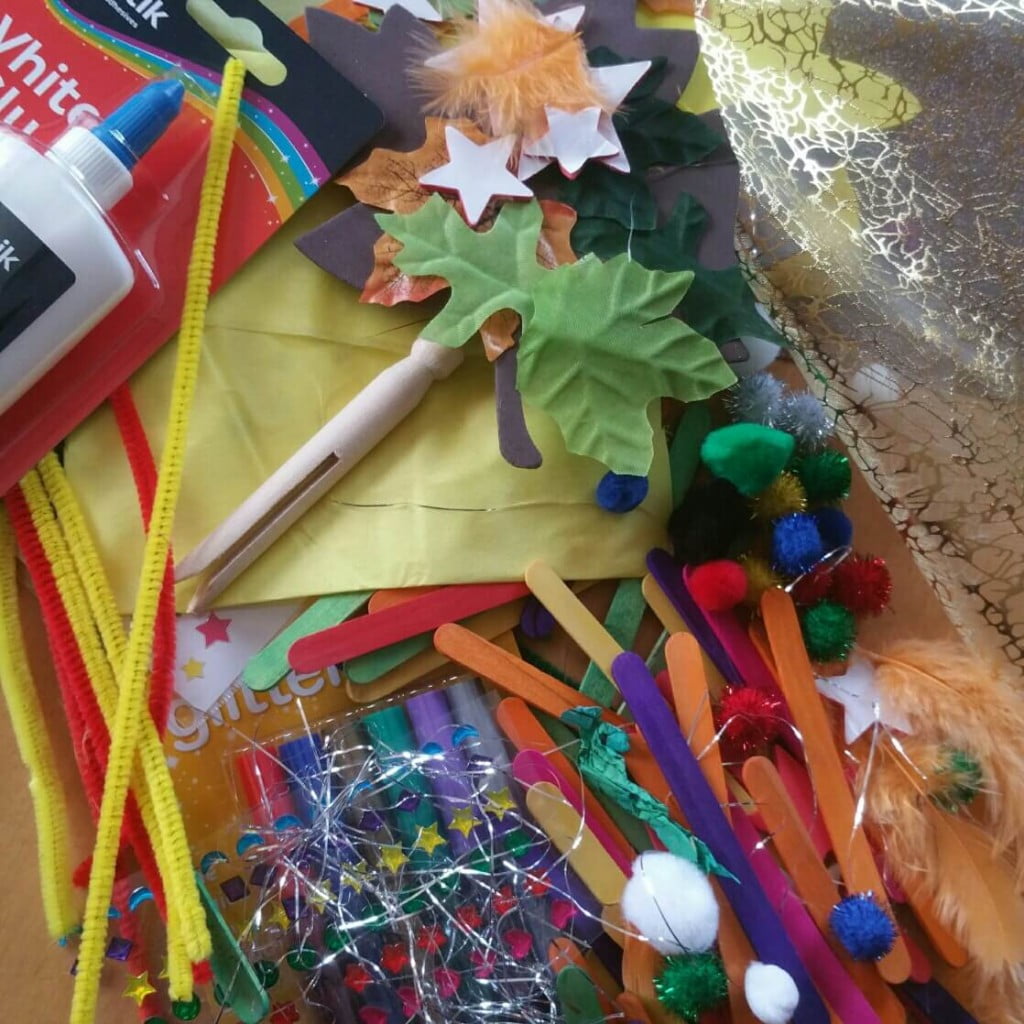I have always felt that learning begins at home. It isn’t a case of waiting until children start nursery or school for them to start learning. As parents we are responsible for their learning from day one.
My parents were superb at reading to me as a small child and I entered primary school being able to already read. No doubt this was as a result of all the input from them and also my grandparents.
As teachers themselves, I recall them saying things like, they could tell which children in their class got support and encouragement at home with learning and which ones did not.
My children seem to have an enormous amount of homework (or home learning as it is referred to and sometimes, like all parents I get caught out because I don’t happen to have the required number of empty loo rolls on that specific day).
As much as this type of home learning or homework from school is important and I fully support it. That is not strictly what I think about when I think about how learning begins at home.
From the moment your children are born their learning journey begins and they are sponges of life and all it encompasses. Every moment of every day is a potential learning opportunity.
I have never spoken what I would describe as baby language to my children, I talk to them as if if they understand everything. Even as babies, I point out things like the sun, rain, cows or tractors and anything else because in my view that is how their learning develops.
I count things constantly, walking up stairs for example 1,2,3,4 and so on. Do you want the red bowl or the blue bowl? and so on and so on – every moment is a learning opportunity to be explored. We cook together and they get their hands messy – they are learning about texture, temperature, food and developing motor skills. The list goes on.
Some time ago now I developed some learning sacks for my two youngest children to engage them at home in a range of learning opportunities, animals, shapes, colours, textures, numbers and letters in the main.
Now, the older children obviously have homework and reading books and they take part in a range of after school activities. I feel it is important for them to have some relaxation time because they are so busy but they are still learning even when they relax.
They may be doing internet research, which we will discuss and they will ask questions. They might watch a movie and pick up bits of Spanish or French and then practice afterwards. They like to play board games which helps their maths. They love to listen to story CDs which develops their love of reading and books and expands not only their imaginations but their vocabulary as well. They also love to cook, which has endless learning opportunities and they love to help with the babies which also helps them to develop in numerous ways.
The older children have a passion for both history and science in equal measure. Neither were particular passions of mine so I love the fact these topics excite them so much. They love to chat with elderly relatives about “the olden days” and ask questions so they can expand their knowledge.
Children may learn an awful lot at school, but the learning doesn’t stop at the classroom doors. Research shows that children whose parents are involved with their learning excel more in school. While you can’t be there at school with your child, it’s important to set aside time in the evening to assist them with their homework. Rossall School have compiled some tips to explain how parents can take a supportive and proactive role in their children’s extra curricular learning.
Support
Homework is a great way for your little learner to develop skills that can be used during their education and into their career. Timekeeping, organisation and following routine are all byproducts of regular homework sessions.
With a bit of preparation yourself, you can help make sure that homework time runs smoothly. Supporting your child’s after school learning isn’t just a hands on experience. You can show support by ensuring that you have a dedicated area for homework. Stock the area up with plenty of paper, pencils and, if needs be, a computer. Keep the space free from distractions and situated where you can check in with them in they need help.
With after school clubs, an evening meal and some down time too, it can seem impossible to get everything done before bedtime. Setting your own routines and times can also assist your child get their extra work done.
Brush up on your skills
Your school days might be well behind you but this doesn’t mean you can’t take an active role to help your child complete their homework. In fact, once you take time out to read what your child needs to complete, you might realise you remember more than you thought.
Ask your child to explain their understanding of the task at hand and see if it jogs your memory. If not and you need further clarification, there are plenty of fantastic online resources such as BBC Bitesize that will explain Maths, Science and English with animations and guides.
Good luck!





5 comments
Fab post xx
Brilliant post. I’ve realised I need to up my game when my daughter brought home some maths homework the other day. They learn so much at such a young age these days!
Helpful post. I’ve just written a post about homework and how much they get/how we manage it.
I do worry about time (N doesn’t get home til 5.50ish due to after school club), and while we can manage homework now, when it starts to increase more we will struggle.
Great post. My 10 year old gets a lot of homework and it triggers some a almighty attitude and tantrums.
Great advice xx